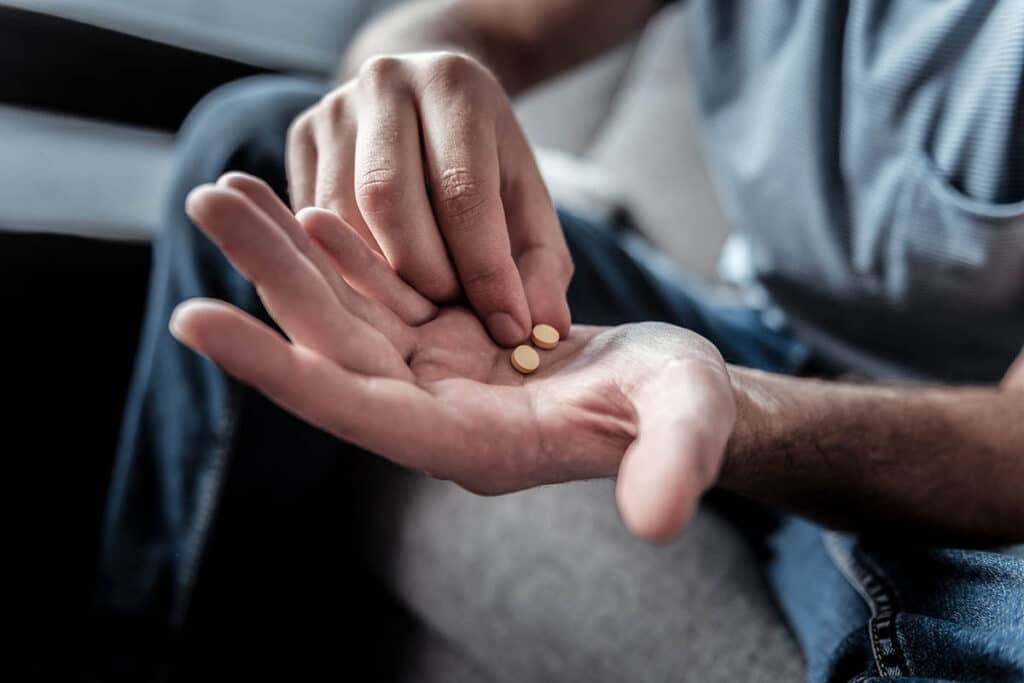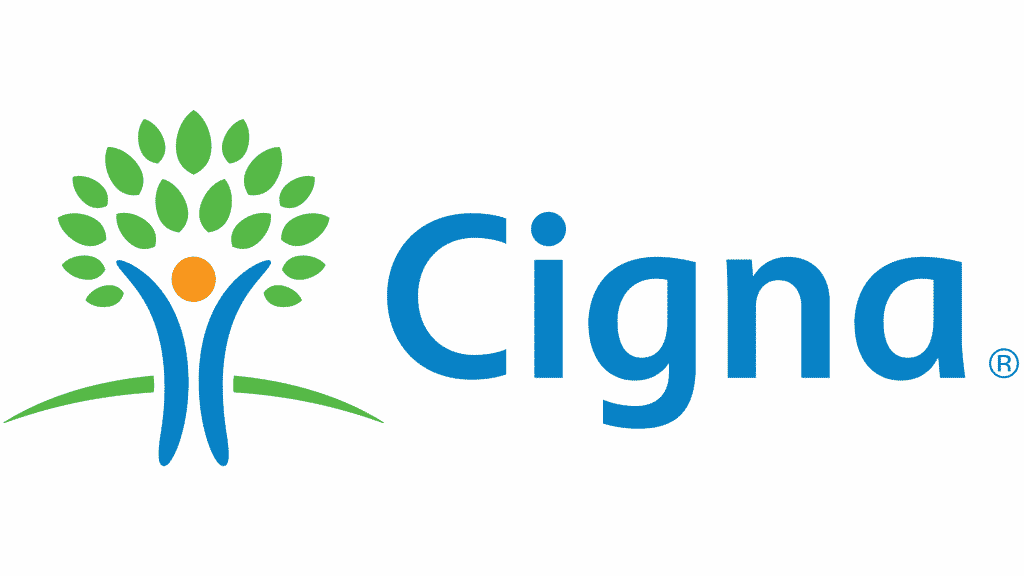
Opioid addiction is a severe public health crisis that has been on the rise in recent years. The misuse and abuse of opioids, both prescription and illicit, have led to a significant increase in addiction rates and overdose deaths. Understanding the causes and consequences of opioid addiction is crucial in addressing this epidemic and providing support for those affected.
Opioid addiction is a complex issue that affects individuals from all walks of life. Factors such as genetic predisposition, environmental influences, and availability of opioids play a role in the development of addiction. The consequences of opioid addiction can be devastating, leading to physical and mental health issues, strained relationships, and legal troubles. Treatment options, including medication-assisted therapy and counseling, are available to help individuals overcome opioid addiction and regain control of their lives.
Causes of Opioid Addiction
One of the main reasons behind the opioid addiction epidemic is the overprescription of opioid painkillers. Many individuals who are prescribed opioids for legitimate medical reasons may develop a dependence on these drugs, leading to addiction. For example, someone who undergoes surgery and is prescribed opioids for pain relief may find it difficult to stop taking the medication once their pain has subsided.
Genetic Predisposition
Many of the genes that are thought to play a role in opioid addiction are involved in the endogenous opioid system, which is the body’s internal system for regulating pain, reward, and addictive behaviors. It consists of opioid substances produced naturally within the body (called endogenous opioids) and their receptors, into which opioids fit like keys into locks. Opioids introduced from outside the body (called exogenous opioids), including opioid medications and heroin, also exert their effects by acting on these receptors. Variations in the genes that provide instructions for making opioid receptors have been studied extensively as genetic risk factors for opioid addiction.
Environmental Factors
- Family and Home Life: Early childhood experiences can substantially influence addictive behavior. Family interactions and parental styles play a significant role, causing a person to either develop healthy outlets in a happy home or maladaptive hobbies in the face of adversity. Levels of parental supervision can also be instrumental in developing specific coping strategies. When a child grows up in a home with too little or too much supervision, it may increase the risk of partaking in risky behavior.
- Friend Groups: It can be challenging to avoid using substances when a person’s social interactions rely heavily on these activities. Everyone wants to feel a sense of belonging and when a person’s friend group and community is comprised of those who use substances, they may fall victim to peer pressure.
- Trauma and Life Stressors: Post-traumatic stress disorder (PTSD) is often a co-occurring disorder of addiction, meaning PTSD can contribute to the development of substance use disorder, while addiction can exacerbate symptoms of PTSD. For instance, when a person is a victim of emotional, physical or sexual abuse, they may develop symptoms of trauma associated with PTSD and use opioids to self-treat themselves.
- Culture and Media: Cultural norms or subjects expressed through media can influence problematic behaviors, especially when widely adopted by an entire community and when a person is exposed to them in early childhood. Often, people will develop an addiction in rebellion against certain cultural norms and upbringing.
Availability of Opioids
Studies show an ever increasing number of opioids being prescribed despite warning of the opioid epidemic. More housholds and members within those housholds hold active opioid prescriptions compared to even one year before. Additionally, the widespread availability of illicit opioids, such as heroin and fentanyl, has contributed to the rise in addiction rates. These drugs are often cheaper and easier to obtain than prescription opioids, making them appealing to individuals struggling with addiction. For example, someone who becomes addicted to prescription opioids may turn to heroin as a cheaper alternative.
Consequences of Opioid Addiction
The consequences of opioid addiction are far-reaching and can impact every aspect of a person’s life. Individuals struggling with addiction may experience physical health issues, such as respiratory problems and infectious diseases, as a result of their drug use. They may also face mental health challenges, such as depression and anxiety, that can exacerbate their addiction. In addition, relationships with family and friends may become strained, and individuals may face legal troubles as a result of their drug use.
Treatment for Opioid Addiction
Despite the challenges associated with opioid addiction, there is hope for recovery. Treatment options such as medication-assisted therapy, counseling, and support groups have been shown to be effective in helping individuals overcome opioid addiction. By addressing the underlying causes of addiction and providing support for recovery, individuals can regain control of their lives and move forward towards a healthier future.
Medication Assisted Therapy:
Medication-assisted treatment (MAT) is the use of medications in combination with counseling and behavioral therapies for the treatment of substance use disorders. For those with an opioid use disorder (OUD), medication addresses the physical difficulties that one experiences when they stop taking opioids. MAT can help to reestablish normal brain function, reduce substance cravings and prevent relapse. The longer in treatment, the more the individual will be able to manage their dependency and move toward recovery.
Counseling:
Treatment for opioid addiction provided through independent addiction practitioners or addiction treatment facilities like Magnolia Ranch Recovery make use of various counseling methods and modalities. The most common counseling formats include group and individual therapy. Modalities of addiction therapy include Cognitive Behavioral Therapy, Acceptance Commitment Therapy, Dialectical Behavioral Therapy and many others. Additionally experiential therapies like Art Therapy, Music Therapy and Adventure Therapy are also commonly used.
Support Groups:
Support Groups like AA or Alcoholics Anonymous, NA or Narcotics Anonymous and even faith-based groups like Celebrate Recovery are a common supplement to ongoing opioid addiction treatment. These support groups make use of the 12 steps which develop an individual’s character and spirituality while also providing a valuable component of community and fellowship. Support groups are recommended to be used in conjunction with traditional counseling and therapy.
In Conclusion
Opioid addiction is a complex issue that requires a multifaceted approach to address effectively. By understanding the causes and consequences of opioid addiction, we can work towards implementing solutions that support individuals struggling with addiction and prevent future cases of substance abuse. With access to treatment and support, individuals can overcome opioid addiction and lead fulfilling lives free from the grip of drugs.

















